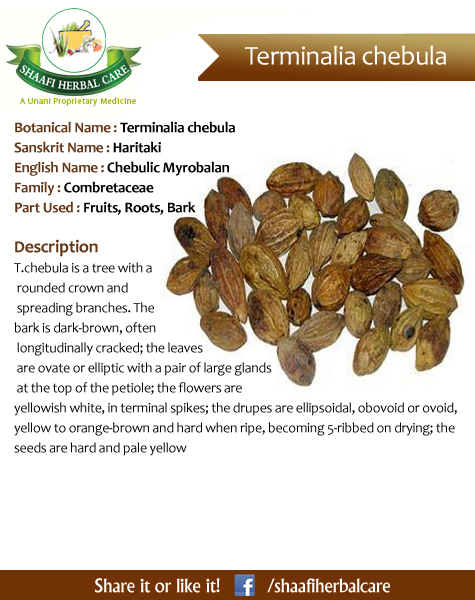
Description
Chicory is a bushy perennial herb with blue or lavender flowers. The roots are baked, ground, and used as a coffee substitute and additive in the plant’s Mediterranean region of origin. It is grown in complete darkness, to keep new leaves tender and pale. The plant species is native to Europe, from where it was transported to other parts of the world, and grows in abundance there. Today, the herb is found growing wild in the fields of North America and also in the temperate zones of the world. Fully grown chicory herb reach up to a height of about 3 to more than 5 feet. Commercially, the plant is widely cultivated in parts of Europe, as the roasted root of the herb serves as an additive in coffee.Plant Chemicals
11 to 15% inulin (a polysaccharide), 10 to 22% fructose, lactucin, lactucopicrin, some tannin, a fatty and a volatile oil, trace amounts of certain other compounds. The polysaccharide, inulin, undergoes chemical conversions to form a compound called oxymethylfurfurol.
Chicory is a bushy perennial herb with blue or lavender flowers. The roots are baked, ground, and used as a coffee substitute and additive in the plant’s Mediterranean region of origin. It is grown in complete darkness, to keep new leaves tender and pale. The plant species is native to Europe, from where it was transported to other parts of the world, and grows in abundance there. Today, the herb is found growing wild in the fields of North America and also in the temperate zones of the world. Fully grown chicory herb reach up to a height of about 3 to more than 5 feet. Commercially, the plant is widely cultivated in parts of Europe, as the roasted root of the herb serves as an additive in coffee.Plant Chemicals
11 to 15% inulin (a polysaccharide), 10 to 22% fructose, lactucin, lactucopicrin, some tannin, a fatty and a volatile oil, trace amounts of certain other compounds. The polysaccharide, inulin, undergoes chemical conversions to form a compound called oxymethylfurfurol.
Uses & Benefits of Chicory
- Bruised leaves of chicory are often used for the treatment of inflammations and can be applied over swellings. They are also used for the treatment of headaches and provide relief from arthritic pains and swellings.
- Regular and frequent use of chicory roots, in the form of liver tonic, is found to be beneficial for women suffering from premenstrual syndrome (PMS). It helps by maintaining a balance in the hormone level of the body and alleviating the symptoms associated with the condition.
- Consumption of the herb, as a “bitter” salad consisting of sorrel, chicory and dandelion, helps to improve the liver functions and is believed to discourage the growth of Candida.
- One of the major functions of chicory is to increase the body’s ability to absorb calcium. This mineral is very essential to maintain strong teeth and healthy skeletal system.
- Two fibers, raftilin inulin and raftilose oligofructose, present in the herb are fermented by the bacteria in the large intestine, increasing the body’s ability to absorb calcium and certain other minerals.
- Therapeutically, the herb is very important for the proper functioning of the urinary system, as it helps to detoxify and cleanse the urinary tract.
- Certain herbal remedies containing chicory are also available for treating disorders like gout and rheumatic pains.
- The herb is also used as a mild laxative agent and helps to treat children affected by constipation and other digestive conditions.
- Supplements of chicory, when taken in the diet, also aid in the proper metabolism of cholesterol in the body.
- Apart from the effects mentioned above, the herb is also taken internally, for loss of appetite, jaundice, gallstones, gout, and rheumatism.


